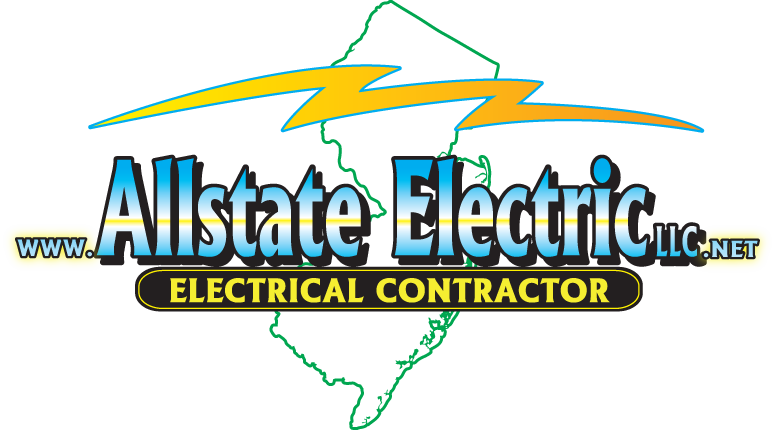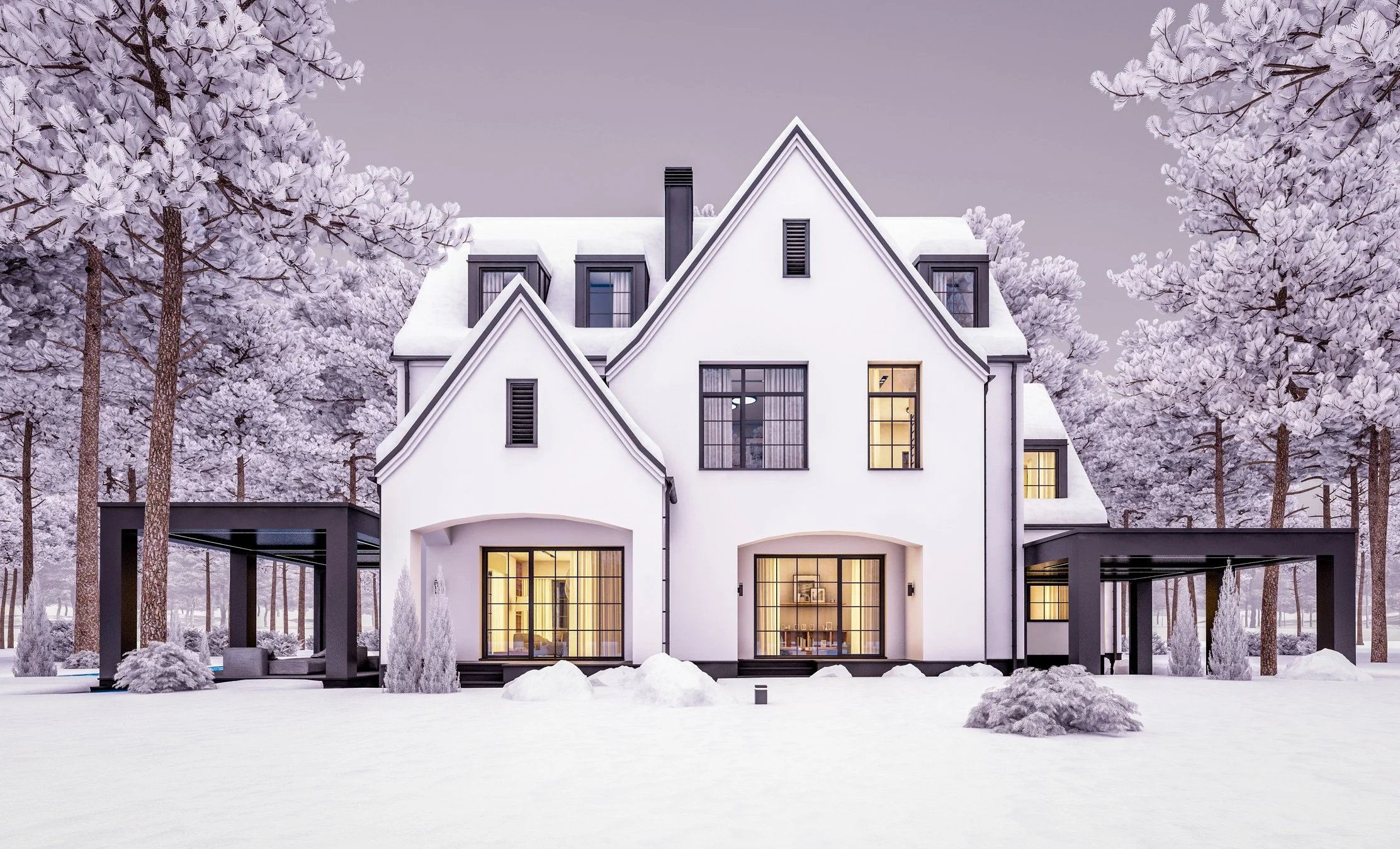Winterizing Your Home: Electrical Tips for a Safe and Warm Winter
As the colder months approach, homeowners are gearing up to keep their homes warm and energy-efficient. But winterizing isn’t just about insulation and HVAC systems; it's also about ensuring your home's electrical system is ready to handle the demands of winter. Here’s what an electrician would recommend for winterizing your home to keep it safe, efficient, and comfortable.
1. Check and Update Your Electrical Panel
Your electrical panel is the heart of your home’s electrical system, distributing power to all your circuits. Winter often brings an increase in electricity use—space heaters, holiday lights, and increased indoor activities all demand more from your panel. Here’s what to consider:
Upgrade Your Panel if Needed: If you’re in an older home or find that your panel is tripping often, it may be worth upgrading to a panel with a higher capacity.
Inspect for Damage: Look for signs of corrosion or rust, which can indicate moisture exposure—especially problematic in winter. Corroded parts can be unsafe, so if you notice damage, consult an electrician for repairs.
2. Test All GFCI Outlets and Circuit Breakers
Ground Fault Circuit Interrupters (GFCIs) help prevent shocks, especially in wet areas. In winter, increased indoor activity combined with the risk of snow and moisture makes it essential to test GFCIs. Here’s what to do:
Use the “Test” Button: Press the “Test” and “Reset” buttons on your GFCI outlets to ensure they’re functioning correctly. If an outlet doesn’t reset or trips too frequently, it may need replacing.
Check Outdoor Outlets: For outdoor outlets, moisture and freezing temperatures can create risks, so test these outlets regularly throughout winter and consider weatherproof covers if you don’t already have them.
3. Inspect and Replace Old or Damaged Wiring
Winter is a good time to assess the condition of your wiring, especially in garages, attics, and basements where temperatures can drop and wires may become brittle. Poor wiring increases the risk of electrical fires, so it’s essential to:
Look for Frayed or Exposed Wires: Older or damaged wires should be replaced to prevent short-circuiting, overheating, or fire hazards.
Consult a Licensed Electrician: DIY electrical work can be dangerous, so always contact a professional to handle wiring issues.
4. Weatherproof Outdoor Electrical Fixtures
Outdoor lights, outlets, and decorations are subject to harsh winter conditions. Without proper weatherproofing, you risk short circuits and electrical hazards. Here’s how to protect your outdoor fixtures:
Install Gasket Covers and Sealant: Make sure all outdoor outlets have gasket covers, which keep moisture and snow out of electrical components.
Use Outdoor-Rated Extension Cords and Fixtures: Only use extension cords, lights, and fixtures that are rated for outdoor use. This helps prevent electrical shorts and reduces the risk of fire or damage.
5. Upgrade to Energy-Efficient Lighting and Appliances
Winter is the season for higher energy bills, as more electricity is used to light up the shorter days and keep warm. Energy-efficient upgrades can reduce your energy consumption, helping you save money:
Switch to LED Bulbs: LEDs are energy-efficient and last longer than traditional bulbs. They also produce less heat, which makes them safer for enclosed or small spaces.
Consider Smart Home Systems: Smart thermostats, lights, and appliances can help manage energy use, optimizing when and where power is used.
6. Install Surge Protection for Winter Storms
Winter storms can lead to power surges, especially if there are outages. Power surges can damage electronics and even cause fires, so it’s important to have surge protection in place:
Install a Whole-Home Surge Protector: This device connects to your electrical panel and absorbs excess power from surges before they can damage your devices.
Use Individual Surge Protectors for Valuable Electronics: Surge-protected power strips are great for expensive electronics like computers, TVs, and gaming systems.
7. Check Your Home’s Heating Elements
Electric heaters, space heaters, and heated floors can be lifesavers during winter, but they can also be risky if not properly maintained.
Inspect and Clean Space Heaters: Ensure that space heaters are clean, free from dust, and placed away from flammable materials. Never leave them on unattended, and avoid plugging them into power strips or extension cords.
Check Radiant Floor Heating Systems: If you have an electric radiant floor heating system, test it early in the season to make sure it’s functioning correctly. Have an electrician check any irregularities, as these systems can be costly to repair.
8. Plan Ahead for Power Outages
Winter storms and blackouts can leave you without power for hours—or even days. Preparing for an outage will keep your household safe and comfortable.
Consider Installing a Backup Generator: A standby generator automatically powers essential appliances during an outage, which can be a lifeline in winter. If you have a generator, test it before winter and ensure it’s properly maintained.
Keep Flashlights and Battery-Powered Lights Handy: Avoid relying on candles, which can pose fire risks. Battery-powered lights are safer and provide reliable light.
9. Inspect Your Smoke and Carbon Monoxide Detectors
Winter brings an increased risk of carbon monoxide poisoning due to the use of heating systems. Electrical inspections should include checks on your detectors.
Test All Detectors and Replace Batteries: Make sure all smoke and carbon monoxide detectors are functioning correctly. Replace batteries or the unit itself if needed.
Add Detectors Where Necessary: Install detectors on each level of your home, especially near sleeping areas and rooms with gas appliances or fireplaces.
By taking these steps, you’ll ensure your home’s electrical system is ready to safely handle winter demands. When in doubt, always consult a licensed electrician for an inspection or for any work needed—safety is paramount, and proper winterization can make all the difference for a safe, cozy, and efficient home.
~~~
The professionals at Allstate Electric llc would be pleased to meet with property owners in Northern New Jersey to discuss all of your electrical installation, renovation, maintenance, and emergency needs.

